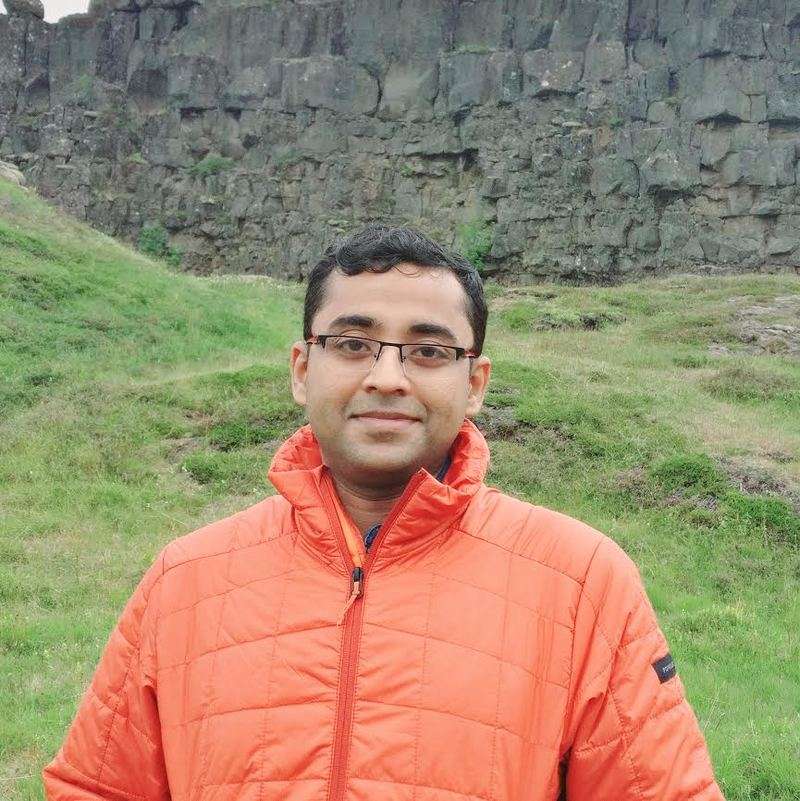With good support, even young engineers can file patents
Sisir Shekhar joined NetApp straight out of college and has now been with the company for 14 years. He says while in college, he associated patents with Nobel laureates. “But once I got into the industry, I got a hang of it. Innovation is something that changes the life of a customer, and when you are exposed to people who have filed patents, you begin to have a different perspective,” he says.
Shekhar, who graduated from IIT, BHU
, in 2007 with a degree in electrical engineering, currently leads a team that builds cutting edge storage products for the cloud. He has filed seven patents till date, and there are more in the pipeline.
“Storage is not something that you learn in college,” says Shekhar. “In 2013, there was a lot of buzz around cloud. To bring all your data to the cloud, you need new sets of algorithms that would help store your data as efficiently as it was done on-premise. My patents deal with how to store data efficiently in the cloud, and how to catalogue them so that you can easily find them after storing it for many years. With these algorithms, one can have dramatic savings – of up to 20%.”
Shekhar says NetApp’s enterprise storage devices see the influx of millions of files. “We have developed cool tools to back them up and versionise them in such a manner that when the customer needs them, they can have access,” he says.
Shekhar filed his first patent in 2013, having been nudged to do so by his then technical director. “It was around a new file system. He told me to do a write up and file it and see how it goes. Turns out that it went all the way. He was the real inspiration. Filing patents depends a lot on the good set of people you are exposed to. Once you file your first patent, you somewhat know what to target the next time,” he says.
Shekhar’s research interests have been around cloud technologies, file systems and application of AI in storage products. He advises aspiring innovators to be clear about the area they are working on and the problem they are looking to solve. Doing due diligence to ensure that the technology does not exist or is not coming up from other vendors, is a must.
It is also important to brief the patent lawyers properly on the inventions. “This is where it jumps from technical to non-technical, as the lawyers will ask you probing questions like what your invention is about, how it can change the landscape. You need to know the proper answers as the lawyers are well-trained. As a technologist, you may find some things cool, but it may not be patent material, and lawyers can spot them,” Shekhar says.
Students in India, Shekhar says, lack the confidence to create something when they come out of college. That is partly because their entire focus in college is on theoretical studies. Most colleges in India do not encourage students to apply what they have learnt into real-life projects. But, Shekhar says, they will develop the needed confidence to innovate if they fall in the right ecosystem at work. “It is all about how to do things more efficiently and faster. As long as you are serious about it, you will find new ways,” he says.
FacebookTwitterLinkedin
For all the latest Technology News Click Here
For the latest news and updates, follow us on Google News.

